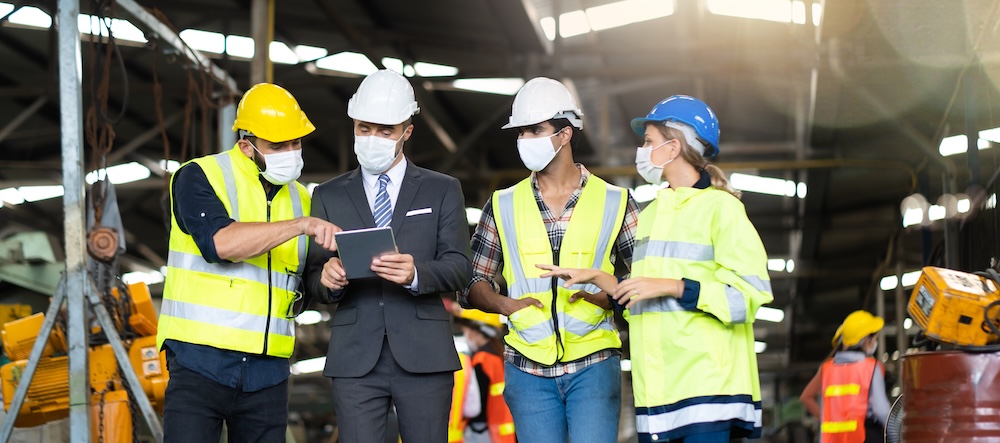Despite the dire economic situation that many industries are going through in the age of Coronavirus, there are some roles that are actually more in demand than ever before – many of them lone working jobs. The latest figures from CV-Library reveal that the top 5 most in-demand positions between June-August 2020 were:
- Warehouse Operative (4,047)
- Support Worker (2,957)
- Registered Nurse (2,683)
- Labourer (2,027)
- Care Assistant (2,005)
Also included in the top 10 are cleaner, production operative and delivery driver positions. Notably missing from the list are office-based roles like administrator, which placed third in the same time period in 2019. It should be noted that the overall figures are lower than they were in the previous year, which could be due to anything from a scarcity of roles even in these sectors, to workers stuck on furlough until the end of September.
While the results aren’t surprising given the increased focus on key workers during the pandemic, they do point towards a trend that could potentially continue after this period of history draws to a close. It’s true, for example, that lone working jobs come with less admin and fewer necessary changes related to safe working from a hygiene standpoint, as they are naturally socially distanced from their colleagues (though they may be caring for someone vulnerable).
Similar results were found across the pond by recruitment site Indeed, which found that the careers most in-demand across the US include Home Health Aide, Nursing Assistant, Construction Worker, Physical Therapy Aide and Truck Driver. Many of these types of roles were conducted without close contact with colleagues and supervisors even before social distancing was required.
It’s estimated that in ‘normal’ times 6-8 million lone working jobs are conducted in the UK alone, and research like this suggests that this could rise in the coming years. Smarter ways of working coupled with technological advances have ensured that many of these jobs can be done remotely, as long the right support is provided.
Boosting safety in lone working jobs
The top worry most employers have if they employ lone workers is how to keep them safe from harm, whether that’s from accidents or – in unfortunate cases – incidents of assault. It’s traditionally been extremely difficult to monitor the wellbeing of these kinds of workers, as they are naturally set apart from headquarters.
A nurse or care assistant, for example, will find themselves dealing with vulnerable people throughout the day, and could then potentially find themselves in a situation where they require assistance on a health and safety matter but can’t easily get into contact with who they need to. There are various lone working solutions that can help here.
One of them is the deployment of personal safety devices, which offer a range of features from Man Down detection (a sensor that can tell when someone has fallen) to panic alarm buttons, which the user can hit if they find themselves in a precarious or dangerous situation. These incidents can then be recorded in a cloud-based software tool like Vatix’s own Protector™ for reference later.
Though the pandemic in 2020 has meant that a lot of jobs are now being done from home, there are also many key workers who still need to engage with people and operate in environments that could potentially put them at risk. These figures show that this isn’t likely to change anytime soon, and so employers need to determine how best to keep their most vulnerable workers safe.
To find out more about Vatix services and how we can help with your lone worker risk assessment, contact us or call us on 020 3991 5555.


